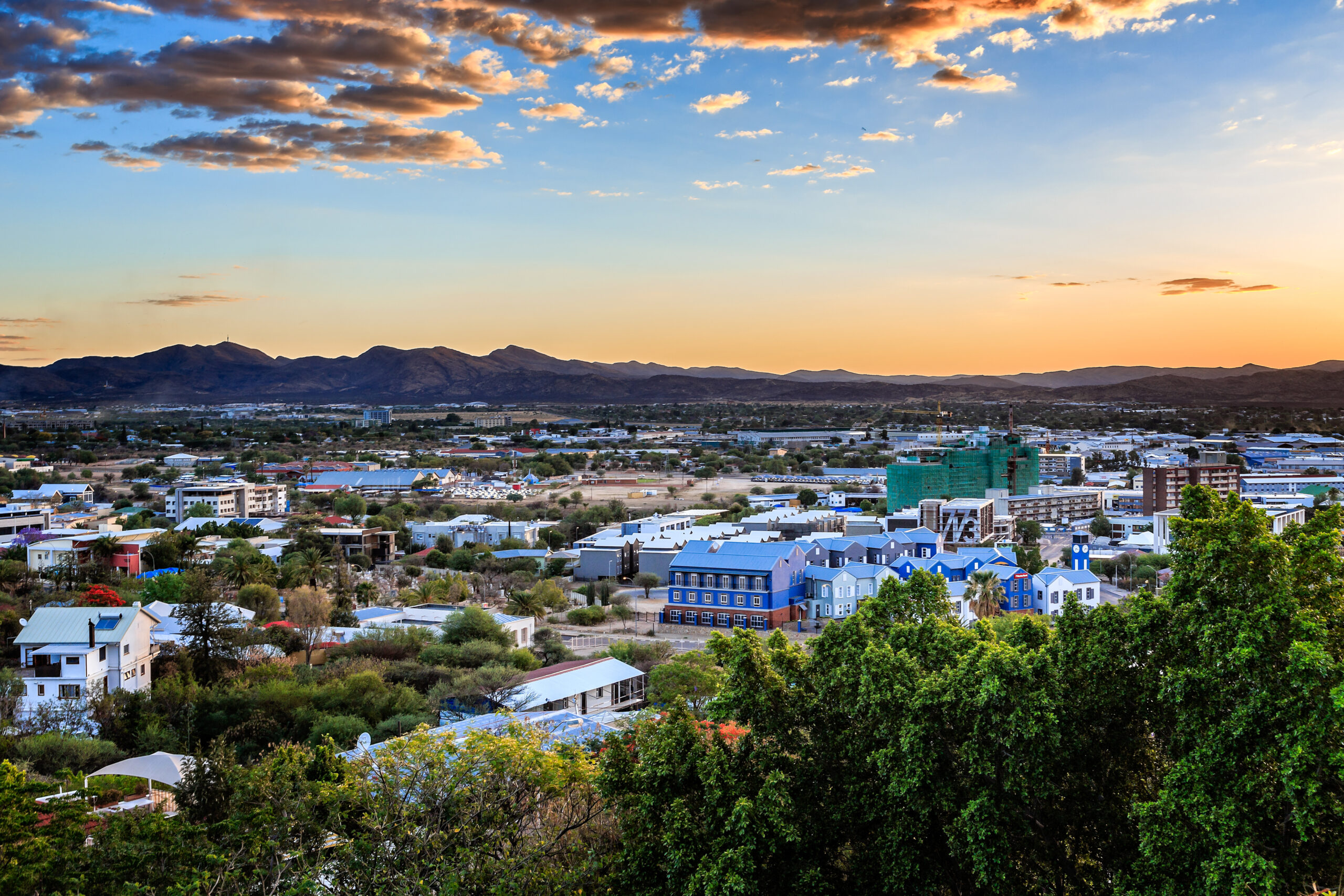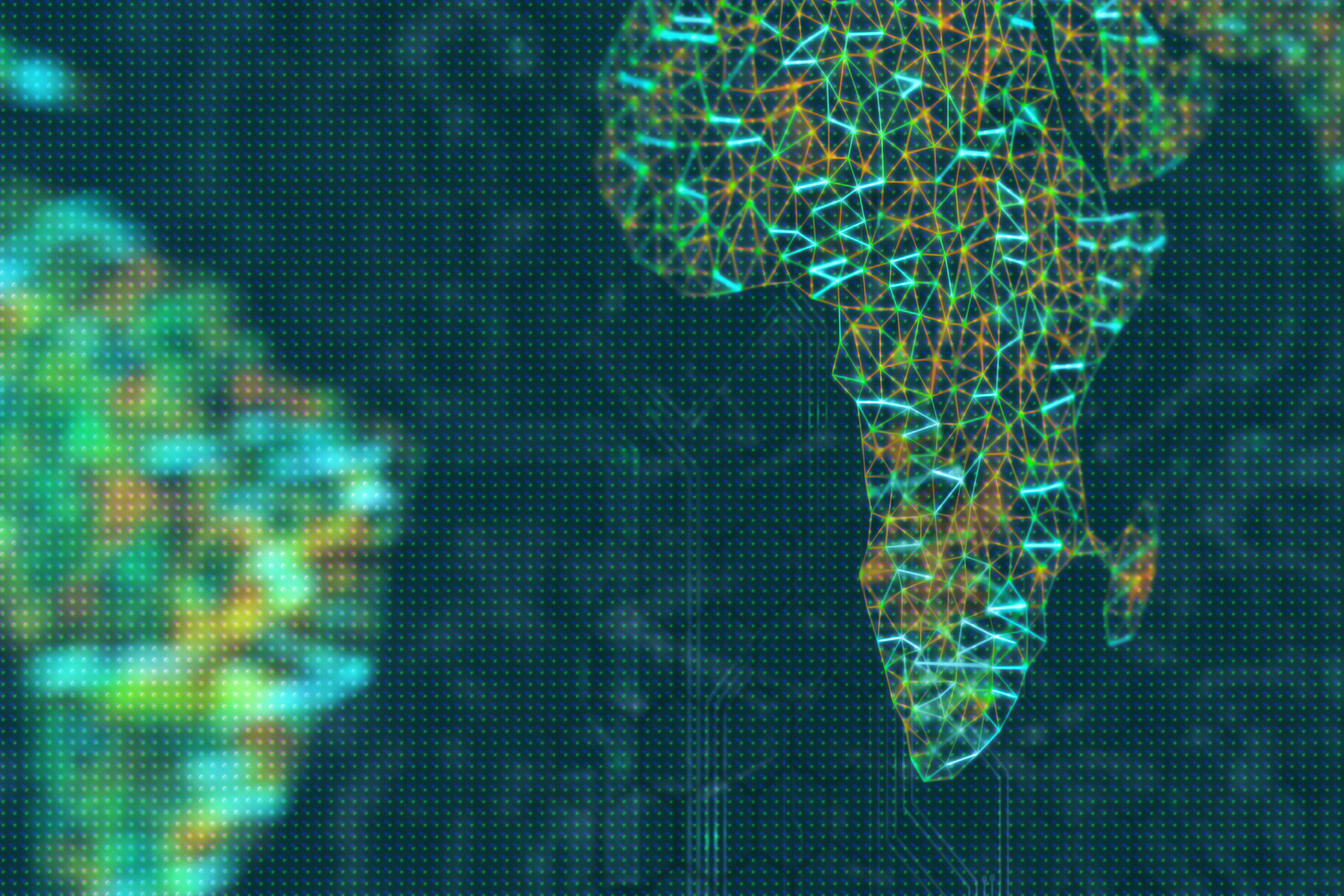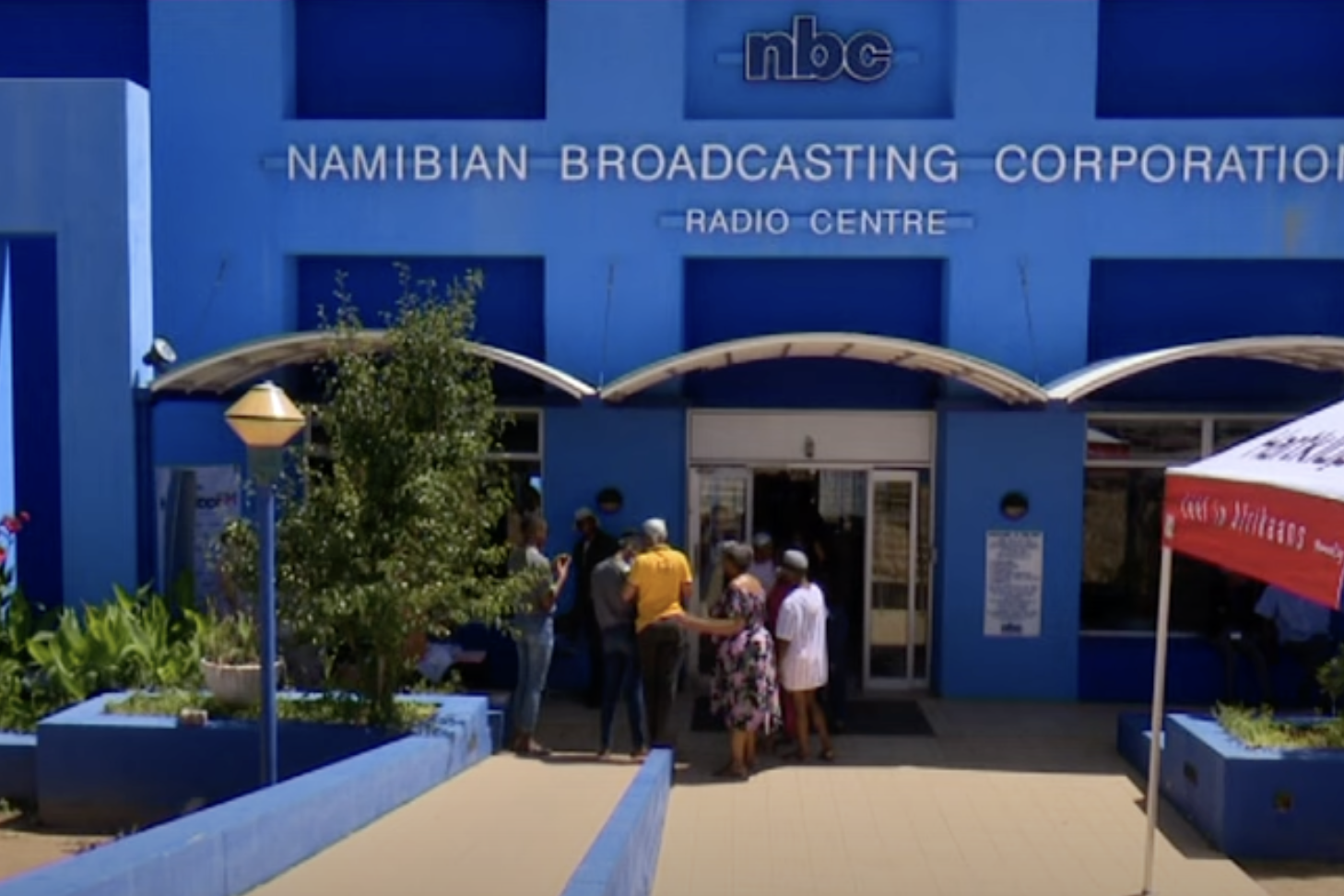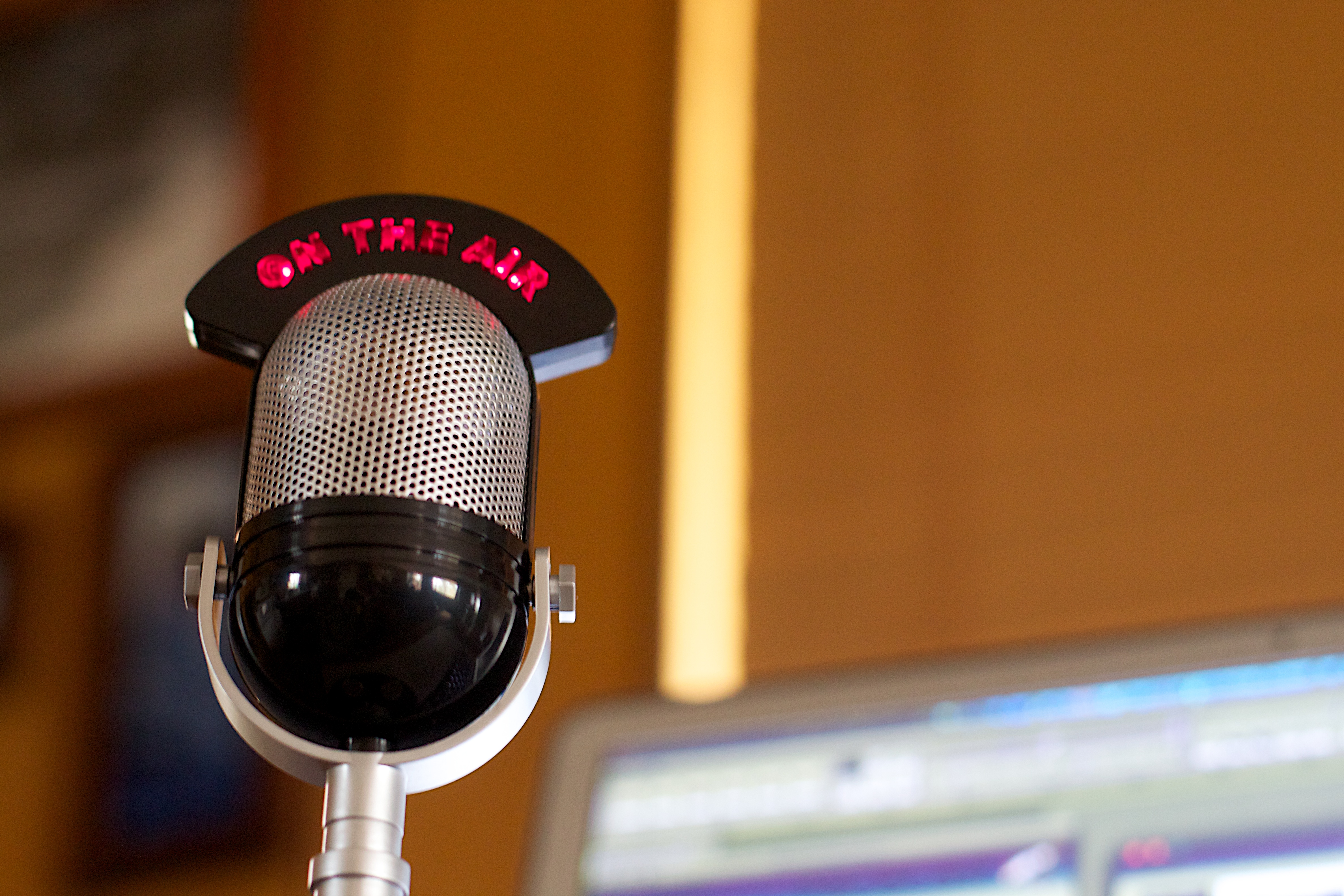Digital investigative journalism workshop in Namibia
11th July 2023
On 28-29 June, the Public Media Alliance held a workshop on digital investigative journalism, to build up the capacity for journalists in sub-Saharan Africa.
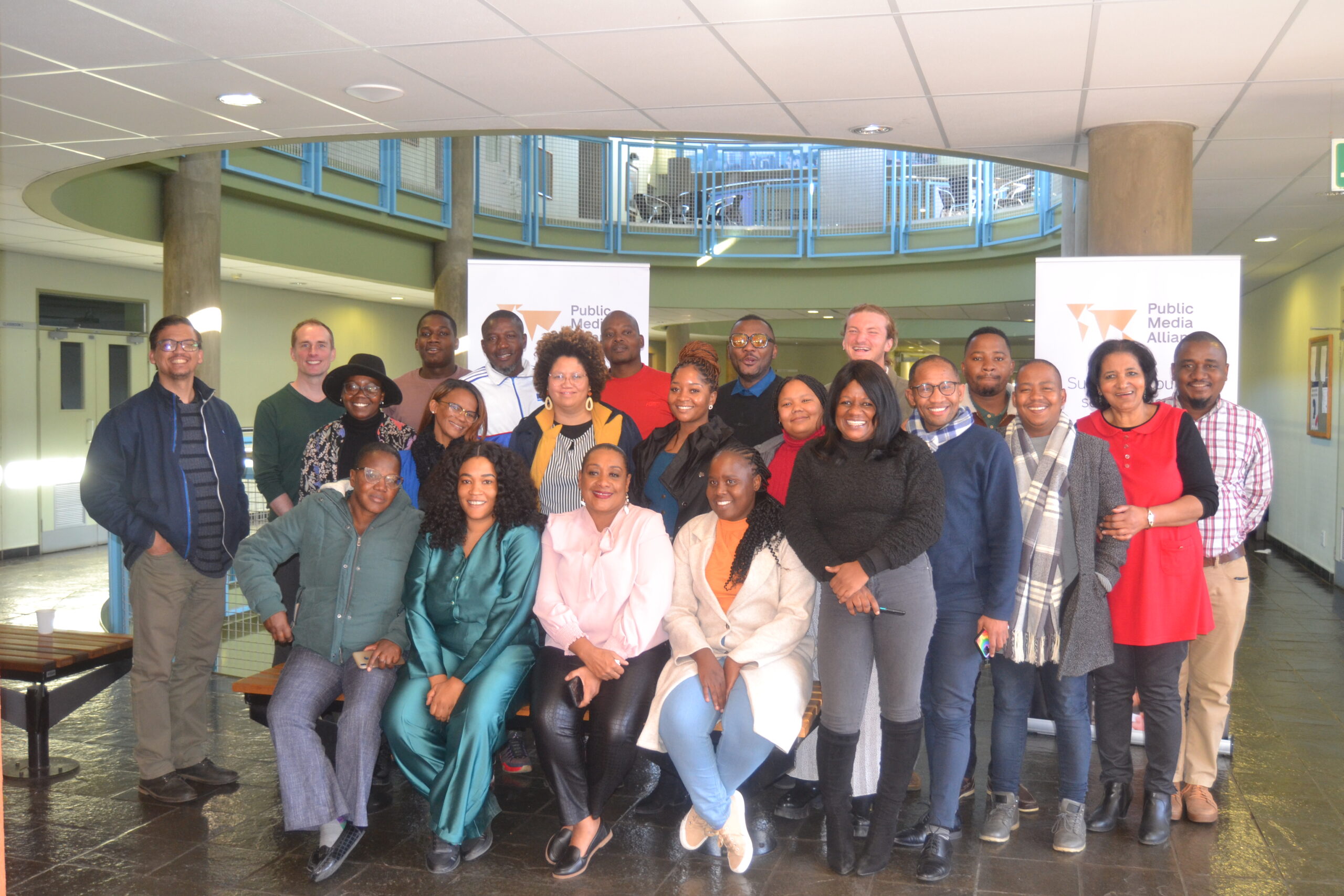
Journalists from across sub-Saharan Africa gathered in Windhoek at the end of June for a workshop where they learned techniques and skills for digital investigative journalism. The event was part of PMA’s project, Digital Journalism in Africa, which has been funded by the Grace Wyndham Goldie (BBC) Trust Fund.
The workshop, held at the Namibian University of Science and Technology (NUST), was designed to build up the capacity for investigative journalism. Participants attended from Botswana, Mozambique, Nigeria, the Seychelles and South Africa.
Read more: Investigative Journalism in sub-Saharan Africa
Investigative journalism is one of the most important types of journalism in its ability to expose abuses of authority and hold power to account. It is therefore essential that within a country’s media landscape, journalists are given the time and space to conduct such thorough investigations. This is not always easy, however, given such journalism is both time and labour intensive, and requires specialist skills.
“At this point in time, journalism has never been more important – because of the technology, the mis- and disinformation, the fake news, it is critically important to have journalists producing verified information that serves the public interest.” @zoetitus of @NamMediaTrust pic.twitter.com/BHAVYOAOL7
— Public Media Alliance (@PublicMediaPMA) June 28, 2023
The workshop started hearing from various media specialists and experts, including Prof. Fungai Bhunu Shava, Acting Executive Dean at NUST, Freya Gruenhagen, Resident Director of fesmedia, and Zoe Titus, the Director of the Namibia Media Trust. The speakers highlighted the importance of such a workshop taking place at a time when investigative journalism is needed more than ever. Particularly with the proliferation of mis- and disinformation through social networks, balanced investigative journalism is critical at providing audiences with trusted news.
There was also a presentation from Dickson Kasote, the Programme Manager at fesmedia, on the civil society organisation’s flagship research, the African Media Barometer. This presentation touched on trends across the continent including media ownership, editorial control, and more.
Following the speeches, the workshop was led by Robert Freeman, a journalism specialist at Goldsmiths, University of London, and Emily May Brown, a Senior Journalism and Media Technology Academic.
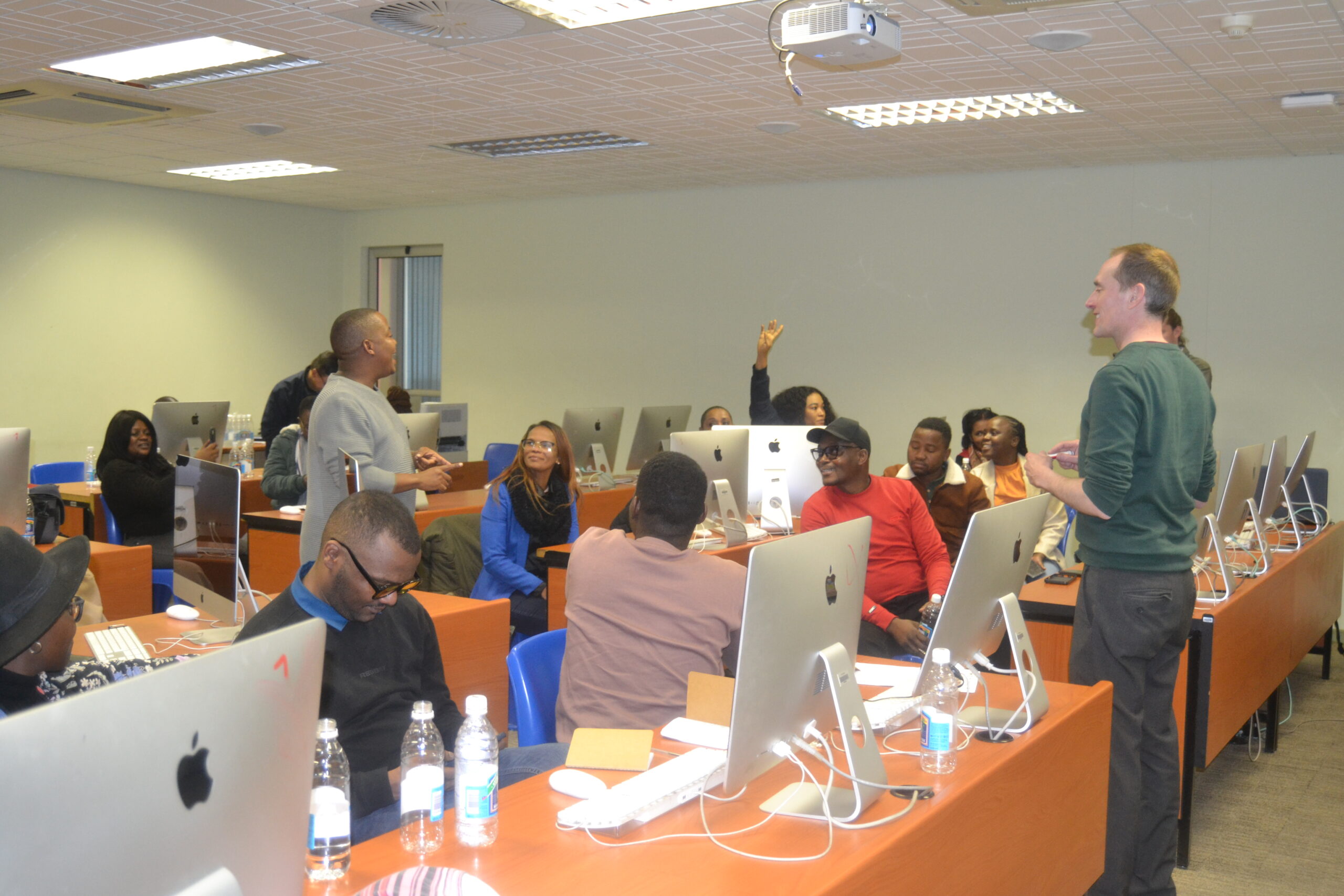
Over the course of the two days, sessions focussed on:
- Digital security: How to protect you and your sources online from malicious actors. Why strong passwords are essential. How to build strong passwords.
- Advanced search techniques: How to use advanced tools within search engines to research, find news sources, dig deeper into a story.
- Framing the story: Why we need a diversity of voices in a story – not just those in power, but ordinary voices as well. Why journalists need to ask the right questions.
One of the final activities was an interactive session where participants were given a scenario and told to react to it. The scenario was:
You need to speak to a source, but they live in a neighbouring country, and don’t want to travel across the border. You decide to go to them, but you know the government is watching you, and wants to find out who the source is. What do you do?
Participants were split into three groups, with one group acting as the journalist, one as the editor, and one as the border force. Groups were then tasked with developing a strategy. The session touched on issues related to both personal and cyber security, and what is required of a journalist in a digital age to protect both themselves and their source.
For the final part of the workshop, participants were then invited to share a story they were currently working on and discuss it with other participants, and how the lessons from the workshop could be applied.
The project concluded with certificates being presented to all the participants.
The final event of the project is now scheduled for 21 July, when the Public Media Alliance will be hosting an online webinar where we will publish a checklist and a free-to-access toolkit, produced by Guy Porter. The event will include regional and international experts and journalists who will share their experiences on investigative journalism.
The Public Media Alliance would like to thank all the participants, speakers and facilitators for attending the workshop. We would also like to thank our project partners, fesmedia Africa and NUST, as well as the funders, the Grace Wyndham Goldie (BBC) Trust Fund.
Related Posts
22nd June 2023
Investigative journalism workshop “happening at just the right time”
An interview with Emily-May Brown on…
15th June 2023
Investigative Journalism in Sub-Saharan Africa
Investigative Journalism in Sub Saharan…
21st March 2023
Digital journalism project: Meet our partner and facilitators!
Meet our partner and facilitators for…
